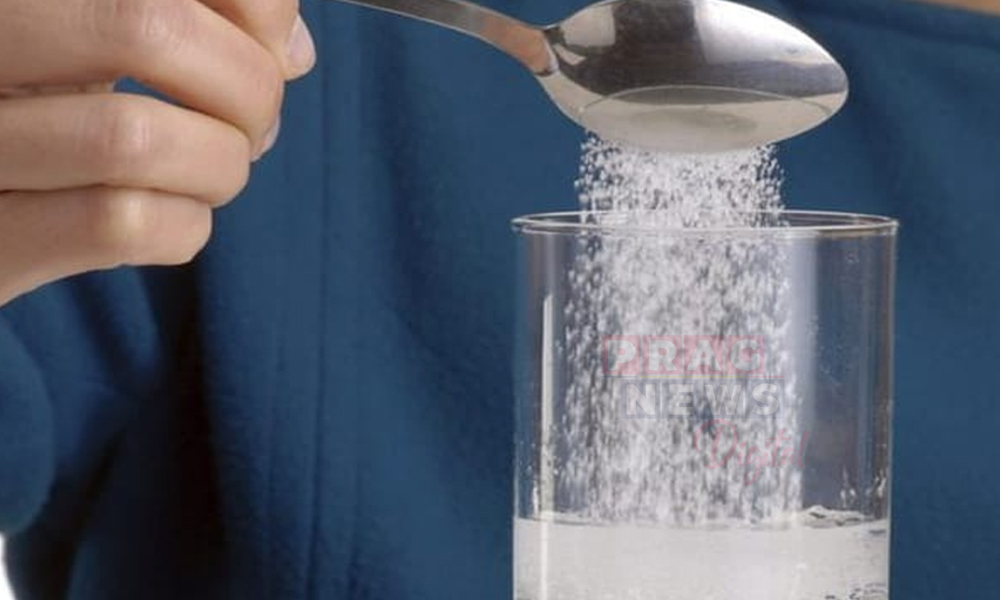ORS helps restore lost fluids and normalize electrolyte levels in the body more efficiently than plain water
Digital Desk: Dehydration is a condition associated with excessive vomiting, diarrhea or exposure to heat and loss of more fluids than it receives. Since water is essential for vital bodily functions, untreated dehydration can be dangerous and even life-threatening.
Oral rehydration therapy is a proven and effective way to treat moderate dehydration. It involves drinking an oral rehydration solution (ORS), a carefully balanced mix of water, glucose, and essential electrolytes like sodium and potassium. ORS is more effective at replacing lost fluids and restoring electrolytes lost in the body than simple water or broth.
Mild dehydration can often be managed with fluids such as water, juice, or clear broth. However, in cases of moderate dehydration, especially caused by diarrhea or vomiting, ORS is usually the preferred treatment.
Although the ORS is usually safe, the improper prepare or overdose may cause a complication called salt toxicity (hypernatremia). Potential side effects of ORS may include nausea, vomiting, dizziness, fatigue, increased thirst, irritability, and swelling in the feet or eyelids .Side effects may include convulsions, rapid heart rate (tachycardia) or high blood pressure, or in extreme but serious cases may result in kidney damage.
One has to take ORS carefully and in the recommended dosage. Always consult a healthcare professional if you or someone in your care experiences persistent vomiting or diarrhea. When it comes to ORS, the necessity may depend on such factors as the age, the medical history, the symptoms severity. . Having good health insurance can help cover the cost of such treatments when needed.
In summary, while ORS can be a lifesaving remedy for dehydration, it should be used correctly and under proper medical guidance to avoid complications.
























